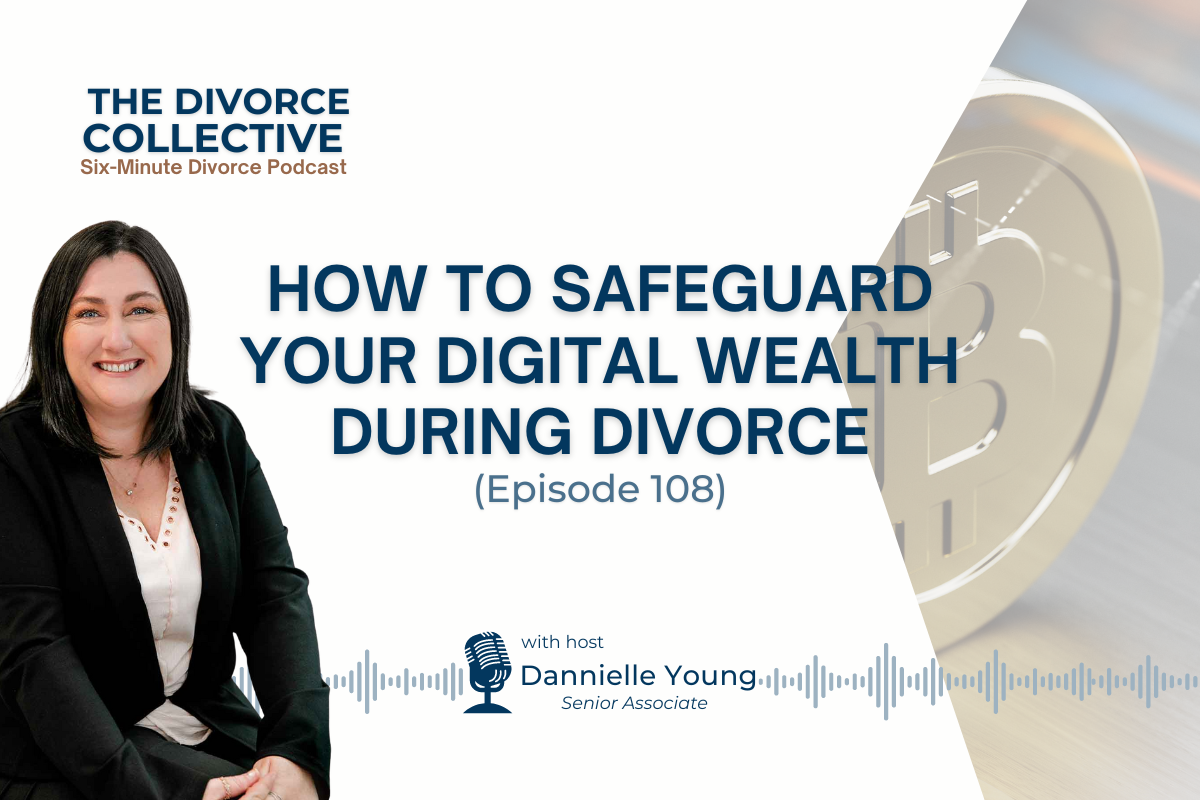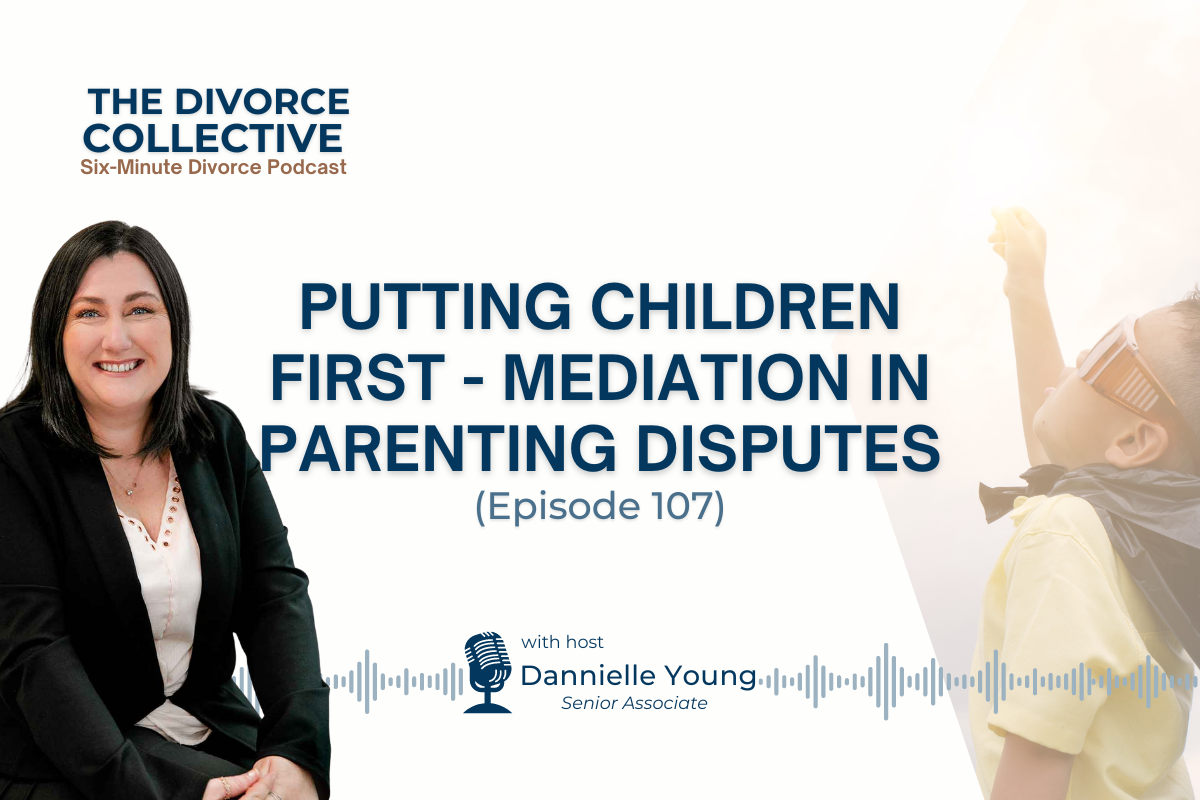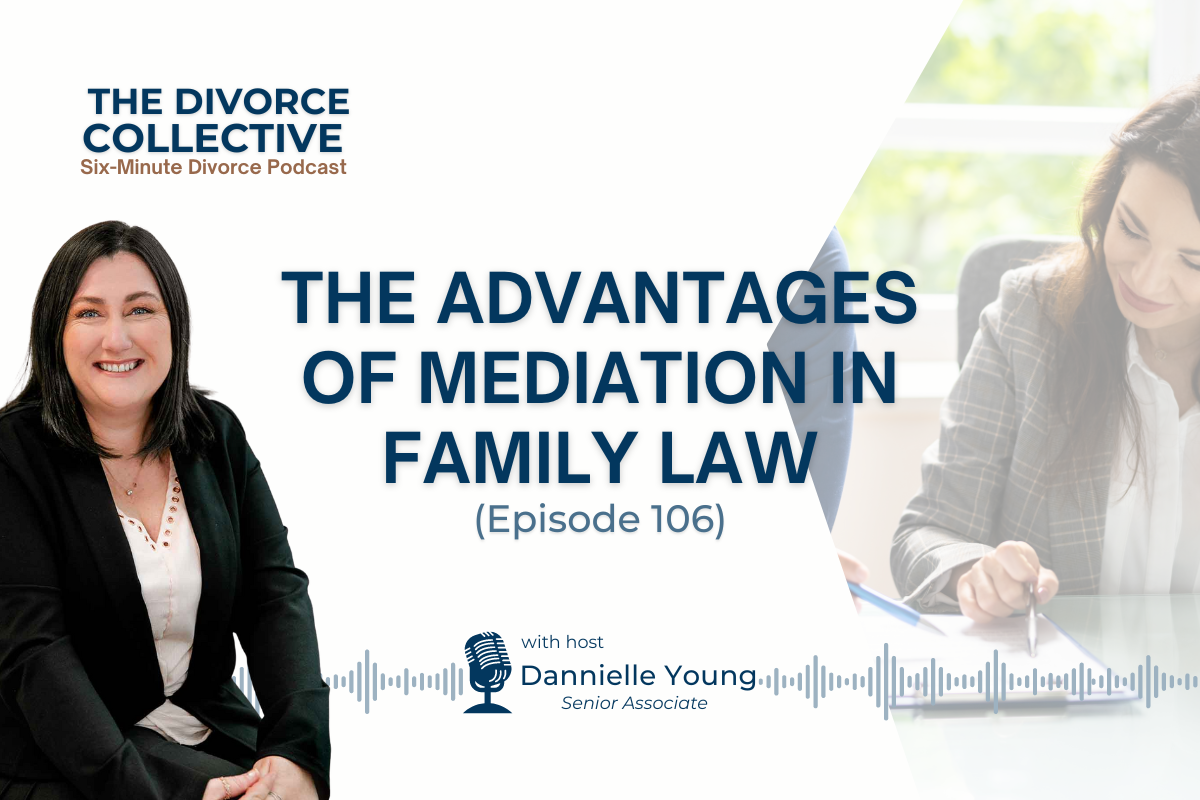What is Mediation in Family Law? Mediation is simply a negotiation with the assistance of a ‘middle person’, called a mediator. The mediator is there to help you and the other parent negotiate an outcome if you are unable to agree on what is in your children’s best interest. Often, but not always, a mediator is an experienced lawyer; however, they are not there to offer you legal advice but rather help you to negotiate an outcome that is in the best interests of your child or children.
The Family Law Act provides that for parenting matters, you must attempt a mediation, otherwise known as a compulsory family dispute resolution, prior to filing an application in court. This provision is in section 60i of the Family Law Act.
What is a 60i certificate? Well, if you attempt a mediation or dispute resolution and the other parent refuses to participate or is unable to reach an agreement, the mediator will issue you a 60i certificate. This certificate will allow you to make an application to the court to have your parenting matter heard and considered by a judge.
There are exemptions where there is no need to obtain a 60i certificate. These situations include:
- if your matter is urgent, such as seeking a Recovery Order;
- if the court is satisfied there are reasonable grounds to believe there has been child abuse or that the child/children are at risk;
- if a party is unable to participate effectively in family dispute resolution, for example, due to an incapacity to do so or physical remoteness from a family dispute resolution provider; or
- if your application relates to an alleged contravention of an existing order that was made within the last twelve months.
The benefit of attempting a mediation prior to filing in court is that you may very well be able to reach an outcome in the best interest of your child/children, particularly if the following occurs:
- you employ a skilled mediator;
- both parents are prepared to make compromises to reach an outcome; and
- both parents participate wholeheartedly to resolve the matter.
At Collective Family law group we often we always advise clients that if they are invited to mediation, they should attend and attempt in a meaningful way to resolve the matter as you have nothing to lose and everything to gain.
If you attend mediation and reach an agreement, you should not be pressured into signing orders or a parenting plan on the day, though if you are genuinely happy with the agreement, it is OK to do so. If you were to attend a mediation and you did feel under pressure, it is acceptable to take a walk, have a breather, talk to your lawyer or think about the proposed arrangement for a day or two.
If you receive an invitation to mediation regarding your parenting matter and you refuse to attend, the judge may think poorly of your conduct. As family law solicitors, we have heard parents scolded by the judge for not attempting mediation when invited to do so.
When it comes to mediation, you have everything to gain in terms of actually being able to resolve the outstanding issues rather than going to court and having a judge make decisions for you and your family. Everything discussed during the mediation is confidential and cannot be used as evidence in any court proceedings, so it is a safe environment
If the mediation is unsuccessful, then the parties will be issued a 60i certificate. This will enable you to take the next steps and file in the Federal Circuit Court if required. The 60i certificate stays valid for a period of only twelve months. After that, the certificate expires, and you will be required to attempt mediation again prior to filing in court.





